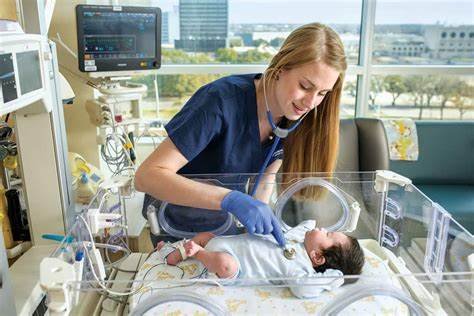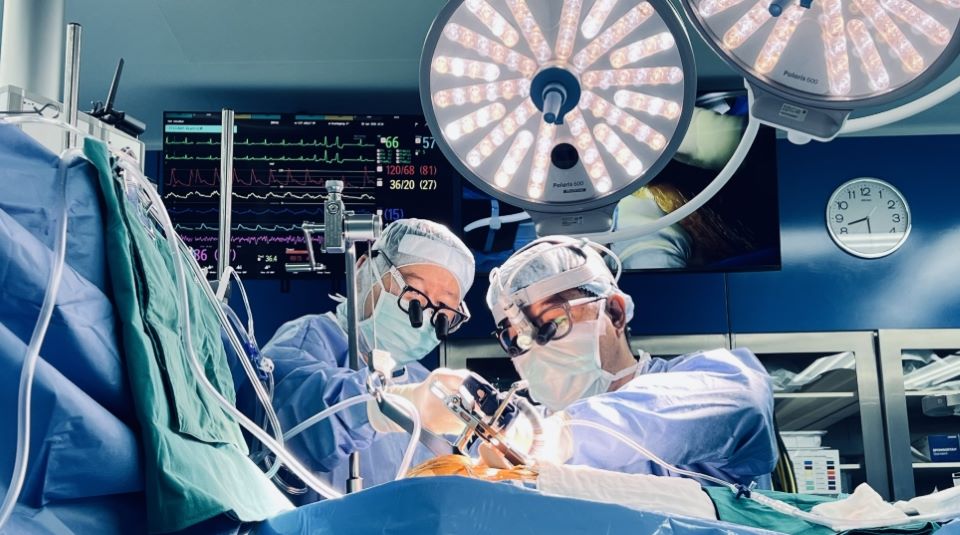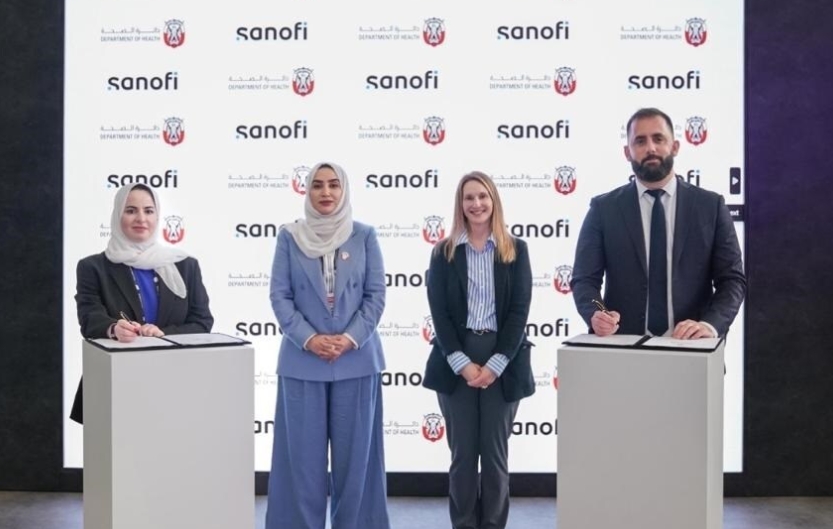
image credit- shutterstock
The Australian government is investing in the health of newborns through a multi-million-dollar research project to enable life-saving interventions.
The $5.5 million in funding will allow researchers at the University of New South Wales (UNSW) to establish a newborn screening platform which aims to screen for hundreds of life-threatening genetic illnesses at birth.
The government’s funding will enable a 12-month research trial of the platform which will screen 24 genetic conditions in 60,000 newborns in Queensland.
The funding will allow the screening of illnesses such as biotinidase deficiency, haemophilia, cystic fibrosis, spinal muscular atrophy and severe combined immunodeficiency.
This is part of the $600 million Medical Research Future Fund’s (MRFF) National Critical Research Infrastructure Initiative, which aims to ensure Australia’s place as a world-leading medical research powerhouse with the most up to date systems, equipment and facilities.
Assistant Minister for Health and Aged Care, Ged Kearney said, “This is game changing technology that not only has the potential to reduce diagnosis timeframes to ensure newborns receive urgent care immediately, but also ensure babies can have the best possible start in life."
Associate Professor Natalie Taylor, University of New South Wales said, “Alongside the targeted genomic technology this project aims to introduce and sustain through MRFF critical research infrastructure investment, key research activities will involve working with healthcare, policy, programme, and community stakeholders to make decisions together about new conditions to screen for, and to design care pathways that are adequately resourced for those new conditions."




